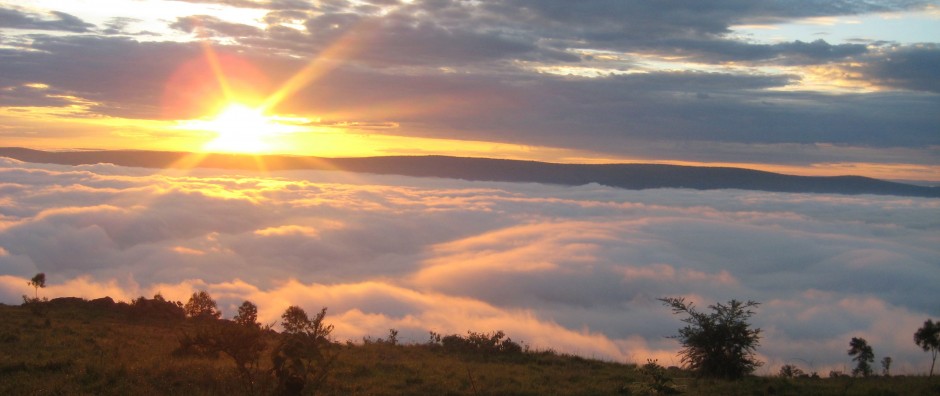I spent today on a bike tour of some of the poorer neighborhoods in Dar es Salaam, and my next couple posts will relate to some of the things I saw today, as I try to connect them to my education and bigger ideas about the world. First though, I want to thank to thank the folks at Afri-Roots for providing such an excellent, socially conscious tour. They are doing really good work, and I wish them the best of luck. If you are ever in Tanzania I encourage you to look them up.
One of the things that the tour emphasized was the significance of Tanzanian’s transition from socialism in 1985, which I discussed briefly in one of the first posts in this blog, and will not rehash in much depth here. The tour guide did not take a stance on the benefits or downsides of this transition, but over the course of the day he emphasized the myriad ways in which this transition has impacted the lives of ‘average’ Tanzanians. One of the major effects of the transition was rapid urbanization of Dar es Salaam, as people living in rural areas across Tanzania moved to the capitol in search of jobs and economic opportunity. During Tanzania’s socialist years, people were required to stay in their rural communities working, primarily, as sustenance farmers, but with the end of socialism many people saw economic potential in moving to Dar es Salaam. These people arrived in Dar to find that jobs were (largely) unavailable. As a result, they had to create their own jobs. They did this in many ways, one of which was by selling clothes.
During the socialist years, the clothes industry was dominated by local textiles. Prior to the 1970s, presumably, women in communities across the country produced and sold traditional clothing items. In the 1970s, as part of an effort to industrialize the country, state owned textiles mills were created across the country, specializing in the production of ‘traditional’ African fabrics, known as the kanga, kitengi, kikoi and shuka. These are sheet-style fabrics that are wrapped in various ways. However, with the transition to capitalism, a new source of clothing was developed. Second-hand clothing (unwanted items from places like the Salvation Army and Goodwill) from the US and Europe began to arrive in huge bundles on container ships. Unemployed people in Dar es Salaam sensed an opportunity to eek out a living, and a new industry developed around these second-hand clothing shipments.
Bundles of clothes were sold to these entrepreneurs, who then set up stores where they would sell these clothes en-mass to other entrepreneurs, who would sell these clothes item-by-item in poor markets. These clothes would be sorted through by other entrepreneurs, who would buy the best items to sell in their own smaller second-hang boutiques at higher prices to wealthier Tanzanians. Others bought these clothes or shoes to sell at mobile locations along the street, and still more people bought clothes in Dar to bring back to their communities across the country. And thus was born a new clothing industry. This story also answers the question of “why is that African child wearing a Hooters shirt?”
However, the rise of this new clothing industry proved fatal for the Tanzanian textile industry that had been developed over the course of the 1970s. People now had access to super-cheap clothes that were in in pretty decent shape, so they did not need to purchase traditional fabrics, and many of these textile factories were closed. Of course, these traditional fabrics are still sold across Tanzania, but most people now wear these second-hand clothes instead.
I am sure by now you are wondering whether this is a good thing or a bad thing. This depends on who you ask, but for me the central issue comes down to one question: what is development? People disagree about this too, but in order for development to happen in a capitalist context local industry needs to develop. This industry needs to produce something, whether it be raw materials (of which Tanzania has few), or some kind of product. The capitalist clothing industry in Tanzania I have just described is neither: essentially it’s service based. While it provides many people in Tanzania with jobs, the amount of actual wealth-creation is very minimal.
PS: There is a rousing Olympic tennis match final on right now (at least if you’re British), and I hope this has not caused any significant mistakes to be made in the drafting of this post.
